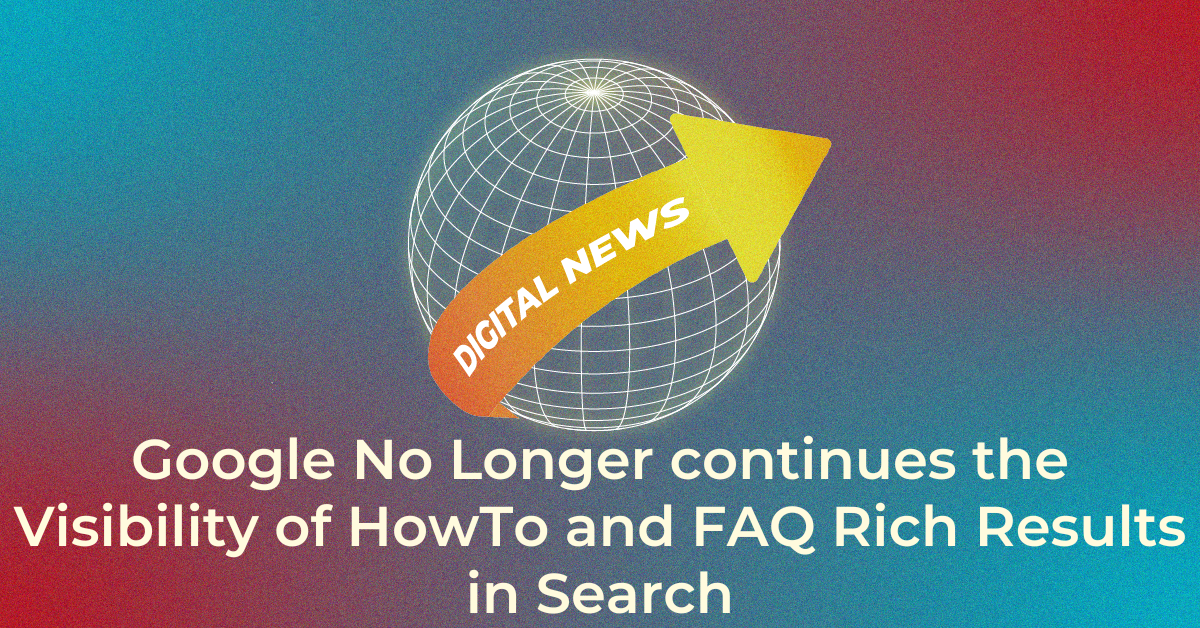Facebook is coming up with a new kind of notification services wherein the users will know before sharing how old the information is, which may result in decreased traffic to older pages.
Henceforth, Facebook is going to inform users about the article’s history, whether it’s over 90 days old or not before it allows them to share the article.
This notification will help the users to decide whether they want to share the article or not. They can choose to go back to where they were earlier, or they can go ahead with the post.
As of now, the threshold for this notification is 90 days. It’s not that Facebook will show only articles around 90 days old but will also keep you updated if the article is older than that.
“To ensure people have the context they need to make informed decisions about what to share on Facebook, the notification screen will appear when people click the share button on articles older than 90 days, but will allow people to continue sharing if they decide an article is still relevant.”
Why Is Facebook Doing This?
According to John Hegeman, Facebook VP – Feed and stories highlighted the point that they have been keeping a tab on the timelines of an article for several months and have come up with a conclusion that the timeline is the key factor wherein the users decide what he wants to read, trust and share it among his friends and family.
This new notification is the best example of an update which has a debatable benefit for the users and very unfavourable effects on the publishers.
This new notification may further lead to a decline in the sharing of older articles on Facebook, which in turn may affect the publishers’ chance of attracting more traffic to their article.
It is also not true that an article over 90 days old is an outdated one. Not all articles that are more than three months old are irrelevant, but if you see an article on a topic like COVID-19, which is over 90 days, in that case, you may deem it antiquated.
This may be bad news for publishers, but many of the news outlets have also criticized the fact that older stories are being shared as current news.
Facebook has raised the same point in its press release
“News publishers in particular have expressed concerns about older stories being shared…
Some news publishers have already taken steps to address this on their own websites by prominently labeling older articles to prevent outdated news from being used in misleading ways.”
It is also true that publishers are ensuring that there is no accidental sharing of the older article as the latest news. So the question arises what the reason that this problem is still existing on Facebook is?
The Real Problem: Sharing Without Clicking
According to the quotes made by Facebook in the above press release, it is clear that publishers are going to great lengths to update dates more prominently on the article so that the users are aware of the freshness of the article.
However, I would like to point out this notification would have no significance had it been observed that the users proactively checked the articles published date before sharing them.
Sadly, it’s pretty ordinary that users usually share the content without even bothering to take a look on the link first, which is the main reason for their ignorance about the article’s relevancy when it comes to whether it is a fresh one or an old one.
This problem is prevalent across all social media platforms, that’s why even Twitter has decided to come up with a restrictive method on similar lines.
To solve this problem, Twitter is already in the process of testing a new feature that will remind users that they haven’t checked the link which they are about to retweet.

As of now, this test feature of Twitter will be available only to Android users.
The same cannot be said about Facebook’s notification regarding the old article as they have not officially said anything whether it will be launched as an option that is available only to limited kinds of users or to everyone.
However, Facebook has confirmed the fact that it is in the pipeline of testing similar notifications over the next couple of months.
“For posts with links mentioning COVID-19, we are exploring using a similar notification screen that provides information about the source of the link and directs people to the COVID-19 Information Center for authoritative health information.
Through providing more context, our goal is to make it easier for people to identify content that’s timely, reliable and most valuable to them.”
Popular Searches
How useful was this post?
0 / 5. 0

















